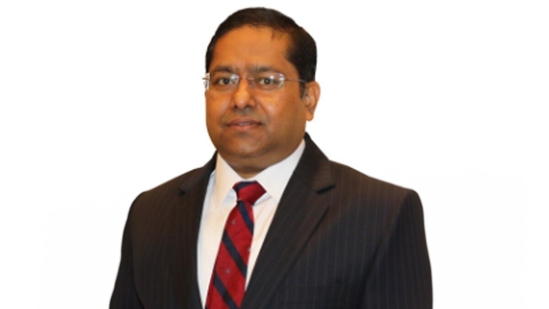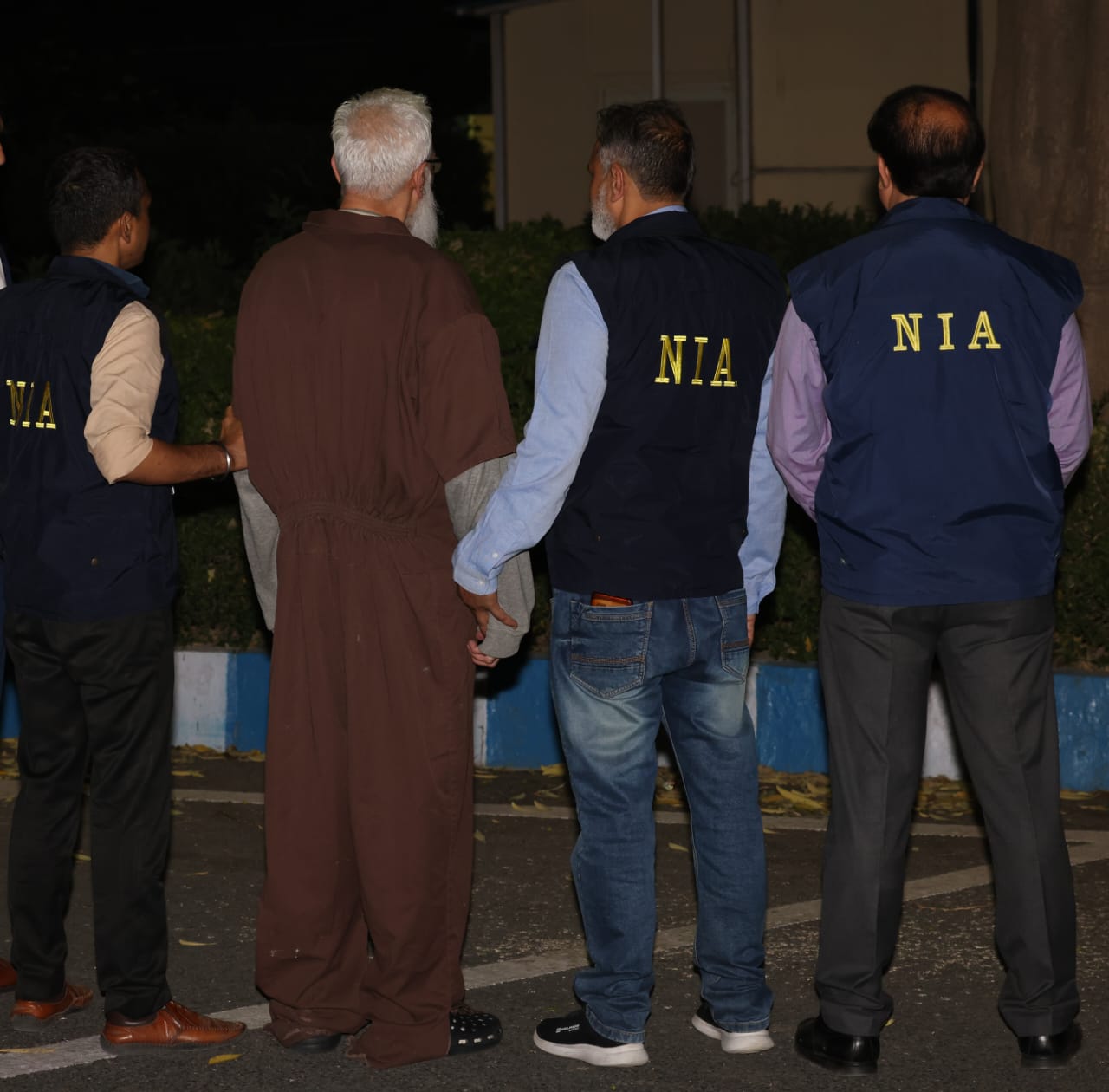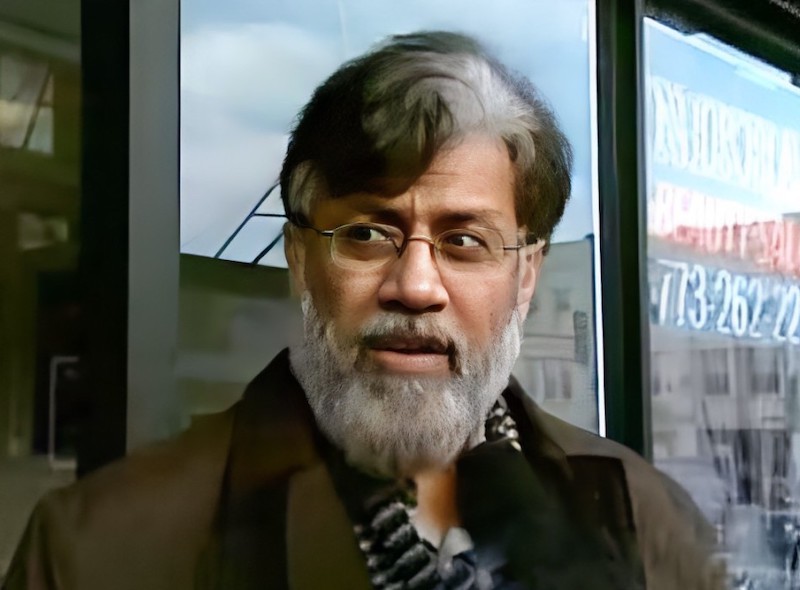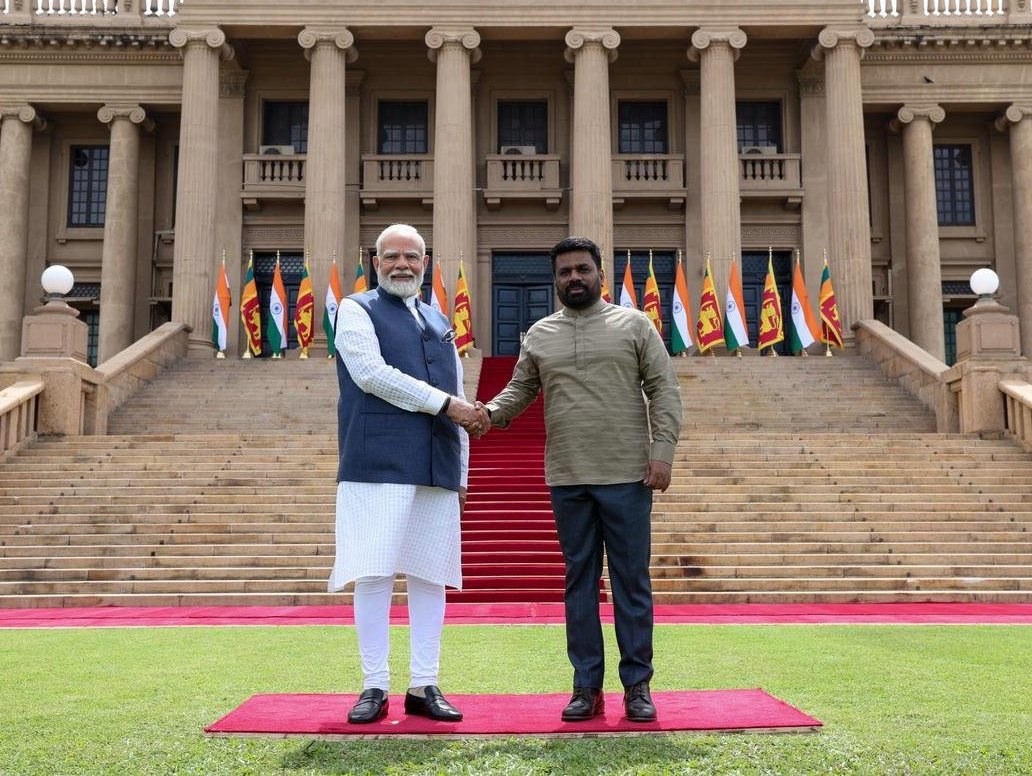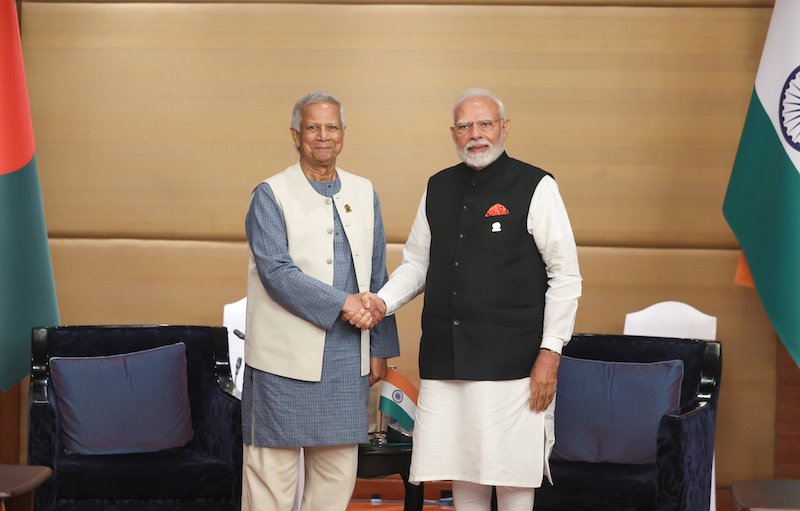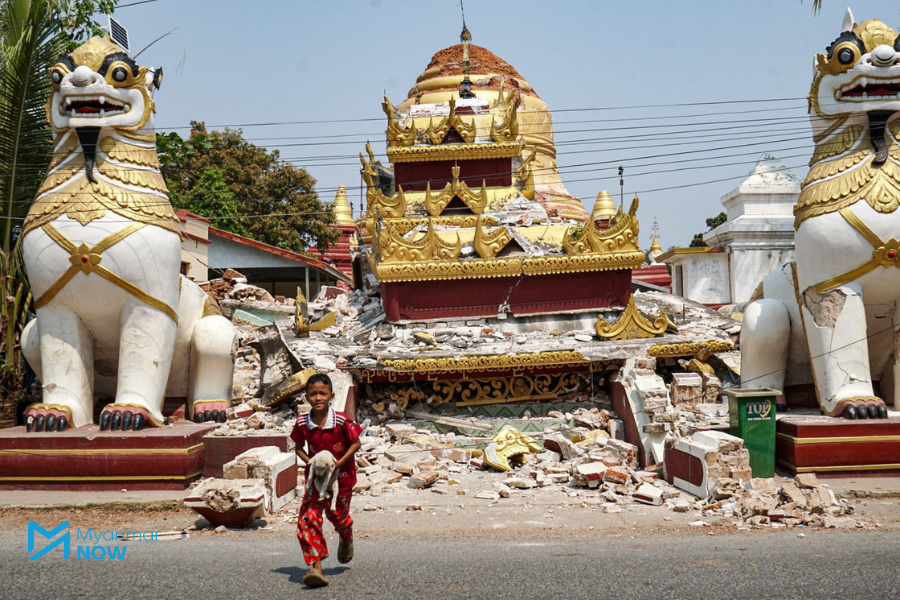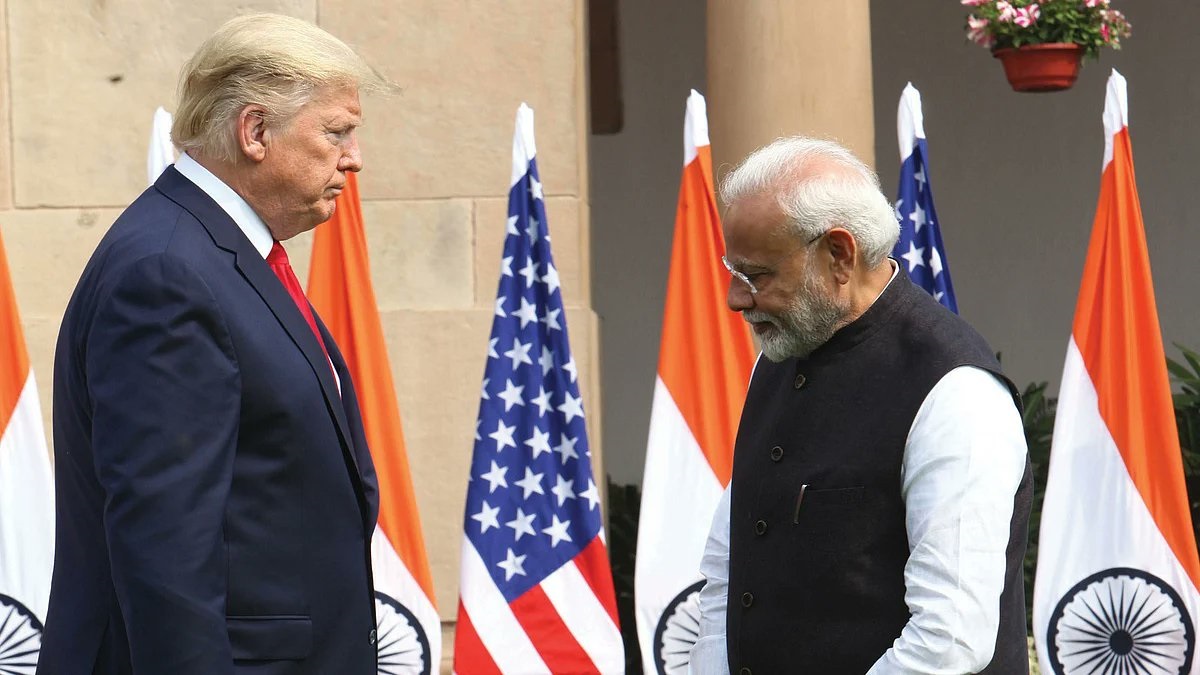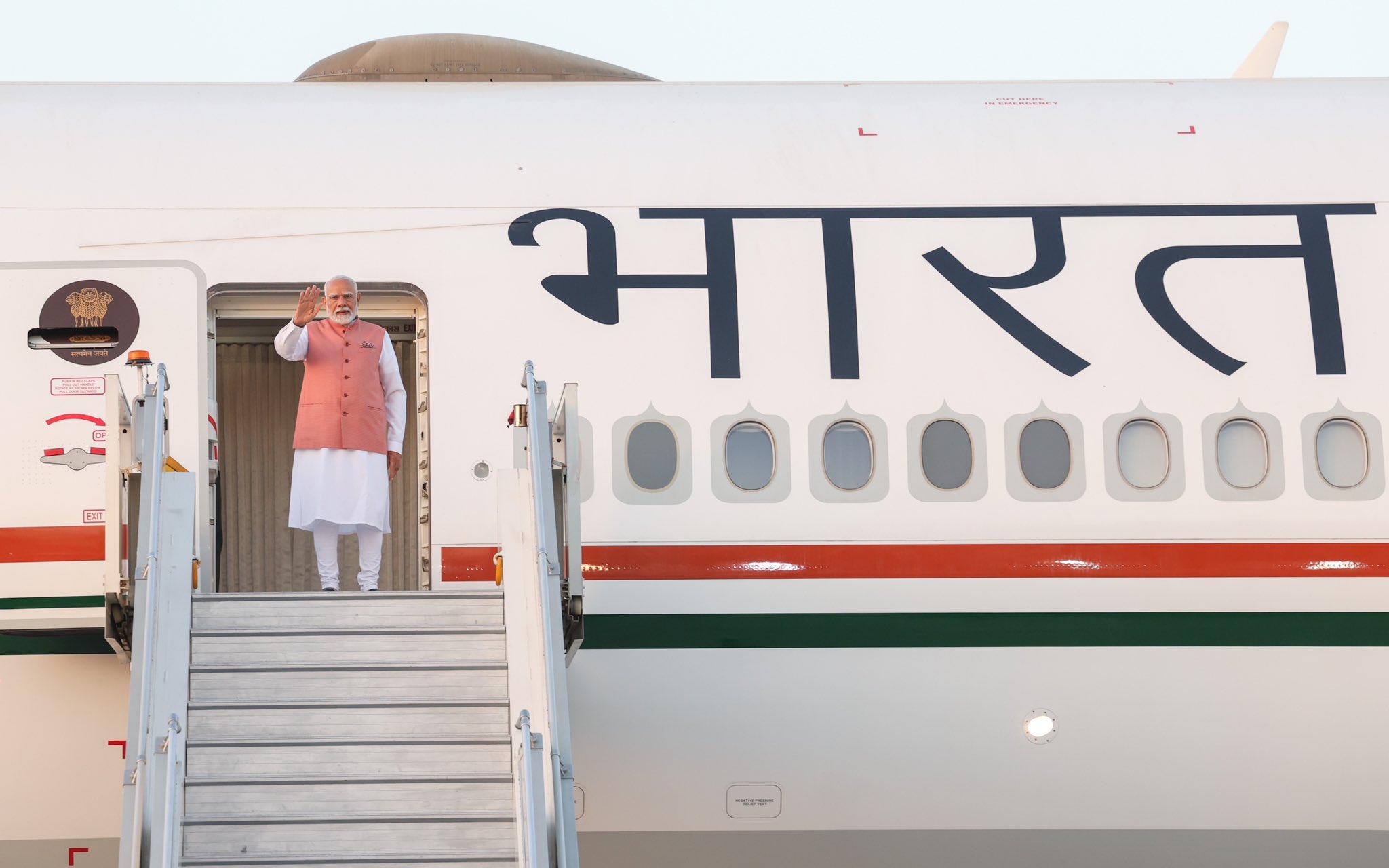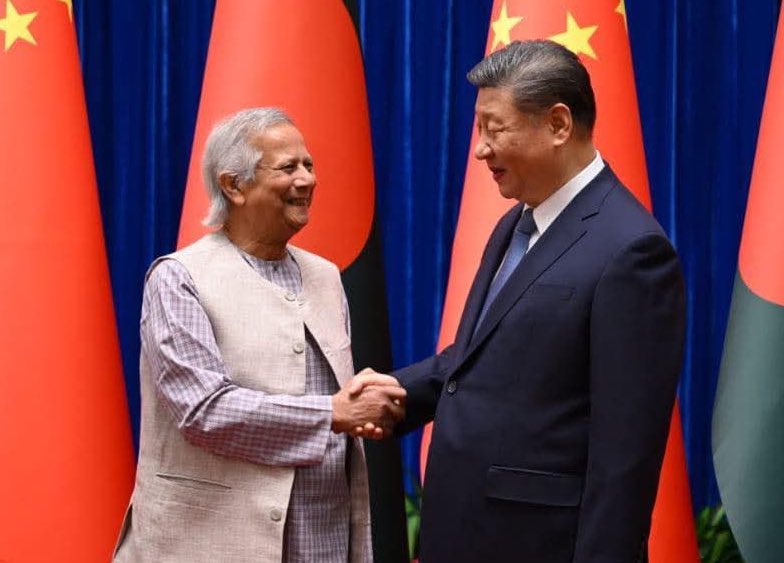 New Delhi: Stating that time is ripe to revisit the very concept of globalization, Foreign minister S Jaishankar on Friday called for reformed multilaterism in order to make it fit for purpose and relevant to the age in which “we live, not when it was created.”
New Delhi: Stating that time is ripe to revisit the very concept of globalization, Foreign minister S Jaishankar on Friday called for reformed multilaterism in order to make it fit for purpose and relevant to the age in which “we live, not when it was created.”
Speaking at the TERI’s annual calendar - the 19th Darbari Seth Memorial Lecture here on Friday, the minister said, “.... the time is also ripe for us to revisit the very concept of globalization. We have allowed it to be defined by the interests of a few, who visualize that process largely in financial, trade and travel terms.”
Real globalization can never be just an aggregate of transactions in these domains. It is an outcome of collaboration and indivisibility, he said.
“The true challenges are more phenomena like terrorism, pandemics and climate change. These are the issues that will really test the seriousness of multilateralism,” the minister said.
On terrorism, he said 19 years from the tragedy of ‘9/11’ and 12 years from our own ‘26/11’, “we have a range of mechanisms in place to contend with terrorism.”
These include the Financial Action Task Force, various UN Sanctions Committees and the Counter Terrorism Executive Directorate, Dr Jaishankar said.
But we still lack a Comprehensive Convention on International Terrorism, with the membership of the UN still wrestling with certain foundational principles, he added.
In an indirect reference to Pakistan, he said, “All the while, States that have turned the production of terrorists into a primary export have attempted, by dint of bland denials, to paint themselves as victims of terror.”
But sustained action and international pressure can change the tide, he said.
”As we have seen last week, sustained pressure through international mechanisms to prevent the movement of funds for terror groups and their front agencies can work. It has eventually compelled a state complicit in aiding, abetting, training and directing terror groups and associated criminal syndicates to grudgingly acknowledge the presence of wanted terrorists and organized crime leaders on its territory,” he said.
Pitching for reforms in multilateralism, he said, “We face a structural challenge in improving the international architecture that serves all of humanity in the fight against pandemics. We have seen precursors of this current crisis before.”
“For most of the last century, humankind’s luck has largely held out: either the sites of such outbreaks have been remote, or our monitoring systems have managed to head off a crisis in time,” he added.
“This time, however, the international warning systems, reporting protocols and response mechanisms were unable to prevent the spread beyond ground zero,” the minister said.
The reform of international organizations is not merely desirable but imperative, he said.
Pushing for the adoption of the Comprehensive Convention on International Terrorism as an important marker of the multilateralism, he said, “We need to modernize the international system, step by step, to make it fit for purpose, beginning by making each entity relevant to the age in which we live, not when it was created. This requires revisiting membership and structures of control, re-orienting operational principles and rules, and rebuilding the resourcing channels of the key pillars of multilateralism.”

